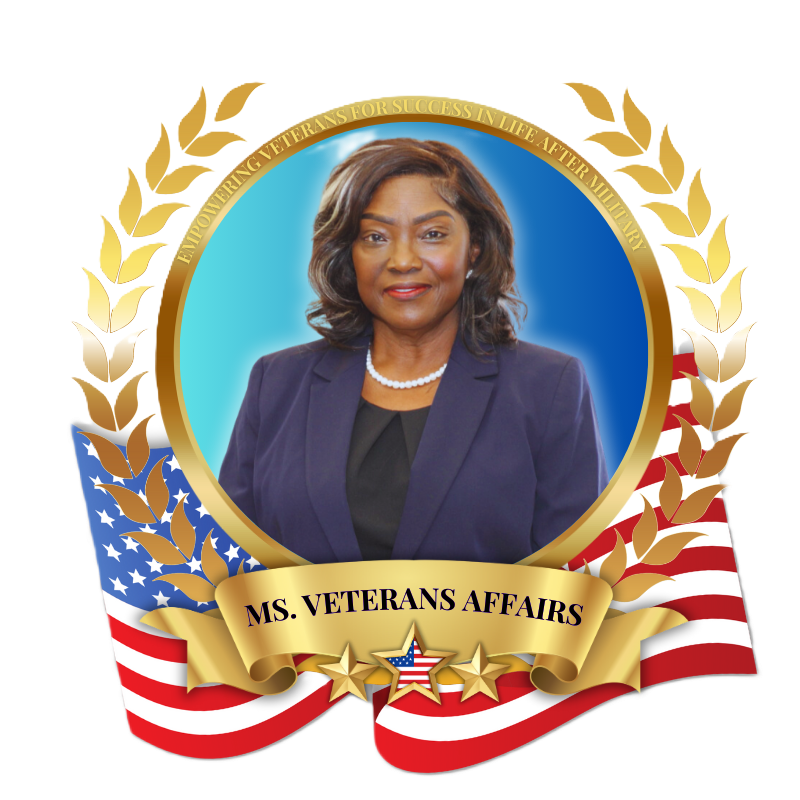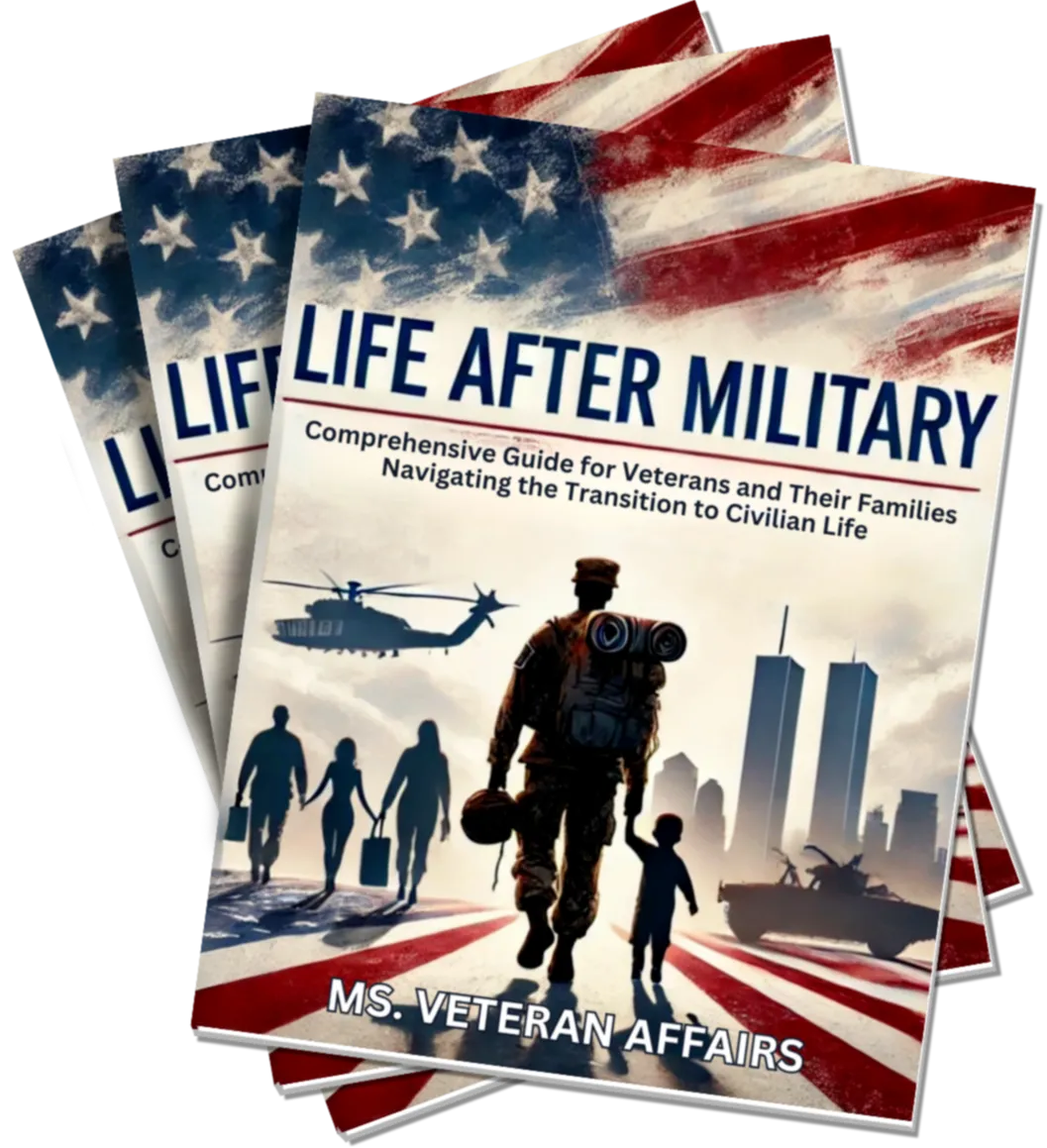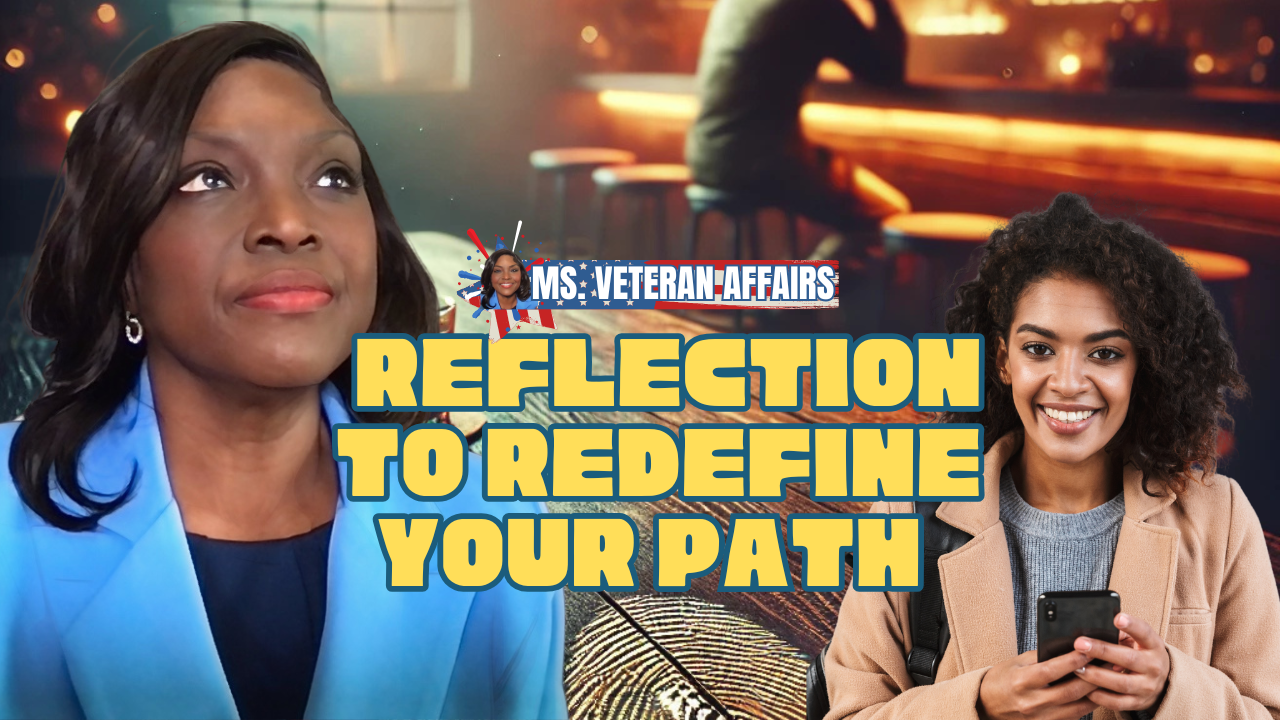Samuel’s Career Transition: Overcoming Doubts and Building a New Future
Aug 06, 2025
 Ms. Veteran Affairs Shares Success Stories of Veterans’ New Careers
Ms. Veteran Affairs Shares Success Stories of Veterans’ New Careers
For years, Samuel had kept it buried. Deep inside, hidden from the world, was a secret that weighed heavily on him—the fear that his military career would define him forever, leaving him unable to start anew. He was no longer in uniform, but the memories of his deployments, his fellow soldiers, and the rigid structure of military life clung to him like a second skin. Every time he thought about transitioning to a civilian career, a knot formed in his chest. What if no one would understand him? What if the skills he’d spent so many years perfecting weren’t valued in the civilian world?
One day, while walking through a job fair designed for veterans, Samuel’s eyes scanned the crowded room. The booths were filled with potential employers, eager to hire, but Samuel stood frozen, unsure of where to start. That’s when he heard a familiar voice calling his name.
"Samuel! Over here!" It was Erica, a fellow veteran he had served with. She had a warmth about her that always made others feel at ease, and it was no surprise that she had managed to find her footing in civilian life.
“I didn’t expect to see you here,” Samuel admitted as he walked over to her booth. She was no longer the quiet soldier he once knew; she had transformed into a confident recruiter for a major tech company. But what caught Samuel’s attention wasn’t her new job—it was the badge on her chest: “Ms. Veteran Affairs.”
“Long story,” Erica said with a chuckle, motioning to the seat beside her. “But look at you! You’re here. And that’s the first step.”
Samuel hesitated but took the seat, his unease slowly shifting to curiosity. "I don’t know if I’m ready for this. I don’t even know where to start. What if I’m not... enough?"
Erica smiled knowingly, her eyes softening with empathy. “I get it. I felt the same way when I first transitioned. But I’m here now to help you find your way, just like I’ve helped others. The thing is, you’ve been doing this all along—fighting your inner doubts, challenging yourself, and pushing forward. Now it’s time to apply those same strengths to your civilian career.”
A Turning Point
As the day went on, Erica shared the stories of several veterans she had helped. There was Marco, a former combat medic, who now worked as an emergency response coordinator for a major health organization. He had no idea how his military training in triage would translate into a civilian job, but with Erica’s help, he learned to frame his skills in a way that employers understood. Then there was Jenna, a logistics officer turned project manager for a tech firm, who had struggled at first to overcome the “imposter syndrome” of feeling like she didn’t belong. Yet, after some mentoring, she had gone on to become a team leader in her company.
Erica explained that the key was to recognize the value in the skills learned during military service: discipline, leadership, adaptability, and the ability to work under pressure. She had made it her mission to ensure that veterans, like herself, didn’t feel lost after transitioning from the military.
“Those skills you’ve built up are priceless,” Erica said. “I know it feels like you’re stepping into an unfamiliar world, but every challenge you’ve faced in the military has prepared you for this.”
Samuel listened closely, the weight of his fears lifting with every word. He had spent years thinking his past defined him—now he saw a new future unfolding.
The Path Forward
Erica handed Samuel a card. “Call me tomorrow. I’ll help you with your resume, and I’ll connect you with other veterans in the field you’re interested in. We’ll take it one step at a time. You’ll find your way, Samuel, I know it.”
The next morning, Samuel picked up the phone. He had spent the night reflecting on the conversations and stories from the previous day, and he felt something inside shift. The road ahead was unclear, but for the first time in years, he felt a glimmer of hope.
Ms. Veteran Affairs, through Erica’s guidance, provided Samuel with a roadmap to not only navigate the civilian workforce but to thrive in it. She showed him how to position his military experience as an asset, how to network with others who had successfully transitioned, and how to overcome the mental barriers that had held him back.
The Transformation
Months later, Samuel found himself thriving in a new career. He had landed a job as a project coordinator for a construction firm that specialized in veteran housing—something he was deeply passionate about. But the transformation wasn’t just professional. His confidence soared as he realized that his past didn’t have to define him in the way he feared. It was a part of his story, yes, but it didn’t dictate his future.
As he stood in the office of his new job, looking out the window at the city skyline, Samuel reflected on the journey. From the weight of uncertainty to the excitement of a new career, he realized how far he had come—and it was all because he had been willing to take that first step.
And it was thanks to the help of Ms. Veteran Affairs, the support of veterans like Erica, and the countless others who had paved the way before him, that he had found his place in the world once again.
A New Beginning
For Samuel, the secret he had once buried was no longer a source of fear—it was a testament to the strength and resilience that had carried him through the most difficult times. With the guidance of Ms. Veteran Affairs, he had discovered a career and a new identity, one that was built on his military foundation but wasn’t limited by it.
And as he closed his office door at the end of another fulfilling day, Samuel realized that the best was yet to come.
Discussion Questions:
- How did Samuel's fear of being defined by his past military career impact his transition, and what actions helped him overcome these fears?
- What role did Erica’s mentorship play in Samuel’s journey, and how can other veterans benefit from seeking guidance during their career transitions?
- In what ways can veterans identify transferable skills from their military service to make them more attractive to civilian employers?
- How can veterans overcome feelings of imposter syndrome when entering a new field, and what strategies can they use to build confidence?
- Why is networking and building relationships with other veterans and professionals critical in the job search process, and how can veterans use these connections to find career opportunities?
Join our community today!
Gain fresh insights every week—concise, impactful lessons designed to elevate your thinking, enhance self-awareness, and empower purposeful growth.
We hate SPAM. We will never sell your information, for any reason.












